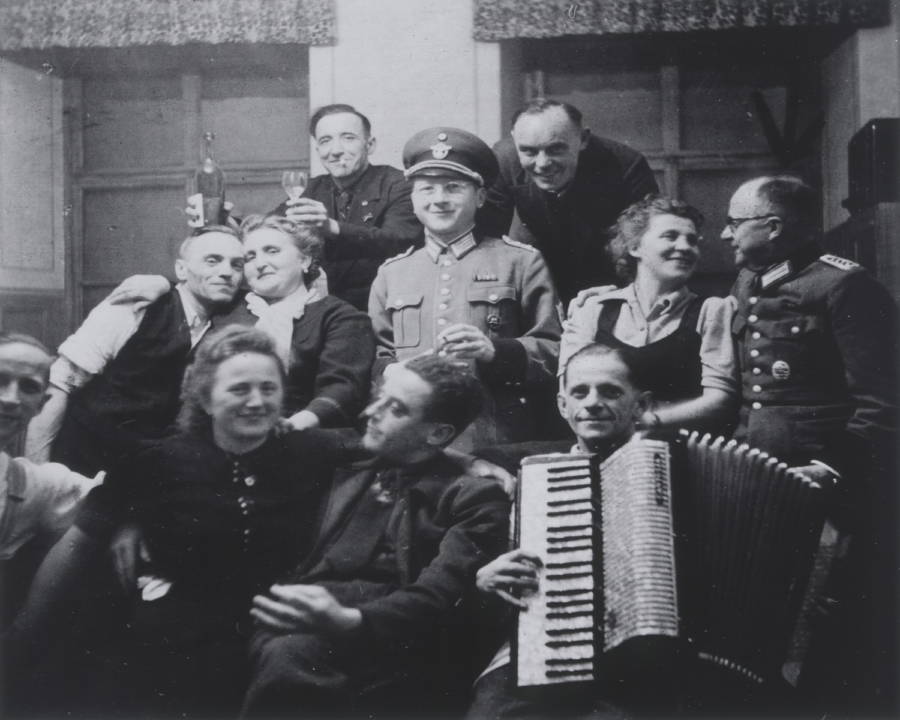
They (nazis) were humans, who acted like monsters. Pretending that this is not true will not help us understand the horrible things ordinary people can do.
https://twitter.com/SpookyMuld3r/status/1317683235686653952
And this is actually what makes this whole thing even more gross and scary.
They were humans who were laughing and enjoying a few drinks while disabled people (children included) were probably being murdered in the other room.
In the photo below, Aktion T4 personnel.
They were humans who were laughing and enjoying a few drinks while disabled people (children included) were probably being murdered in the other room.
In the photo below, Aktion T4 personnel.

Basically, if we wait for all this evil to come back through someone who looks like a demon, we will miss the chance to notice the signs when it comes back through a person who looks like our neighbor (which is what usually happens).
I think the misconception lies in the fact that many people interpret "humans" as a synonym for "good people". This is a big mistake.
Of course they were horrible, cruel, heartless, disgusting and absolutely abhorrent people. That will never change, no matter how we refer to them.
And btw, this is a very important discussion and we are all entitled to have our own opinion. There's no need to begin the personal attacks because we are all perfectly able to discuss things without losing respect for each other and getting out of control - I hope.
• • •
Missing some Tweet in this thread? You can try to
force a refresh






